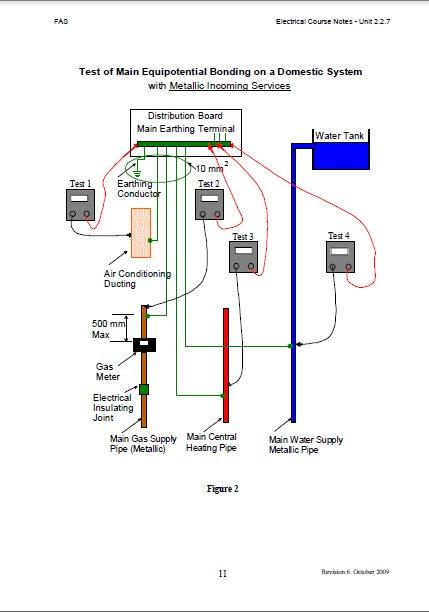I've got two 3 phase distribution boards in our home workshops. Both boards are protected by 4 pole RCD incomers and independently connected to a busbar chamber. Both are fitted with a combination of 3 phase and single phase MCBs.
I've just discovered that I shouldn't be running both 3 phase and single phase links from a single RCD.
There's enough room to move all of the 3 phase MCBs to one board, protected by a single RCD, and the single phase MCBs to the smaller board.
Should I convert the smaller board to a single 240V supply (I already have the conversion kit) connected to either L1 or L2, and fit it with single phase RCBOs? Or leave the board connected as it is, with the 4 pole RCD in place and spread the single phase MCBs evenly across L1, L2 and L3?
I'll be using an electrician, but wanted some opinions first before having to pay for 14 RCBOs. For all I know, it's perfectly acceptable to run both single phase and 3 phase links from an RCD incomer and the article I've just read online is incorrect. Any advice would be appreciated.
I've just discovered that I shouldn't be running both 3 phase and single phase links from a single RCD.
There's enough room to move all of the 3 phase MCBs to one board, protected by a single RCD, and the single phase MCBs to the smaller board.
Should I convert the smaller board to a single 240V supply (I already have the conversion kit) connected to either L1 or L2, and fit it with single phase RCBOs? Or leave the board connected as it is, with the 4 pole RCD in place and spread the single phase MCBs evenly across L1, L2 and L3?
I'll be using an electrician, but wanted some opinions first before having to pay for 14 RCBOs. For all I know, it's perfectly acceptable to run both single phase and 3 phase links from an RCD incomer and the article I've just read online is incorrect. Any advice would be appreciated.


